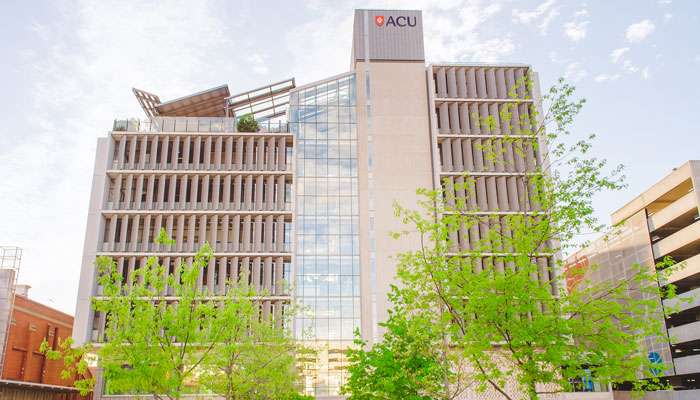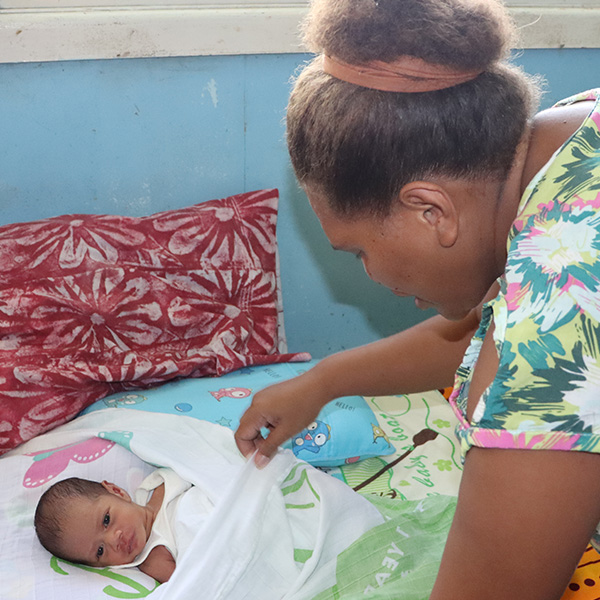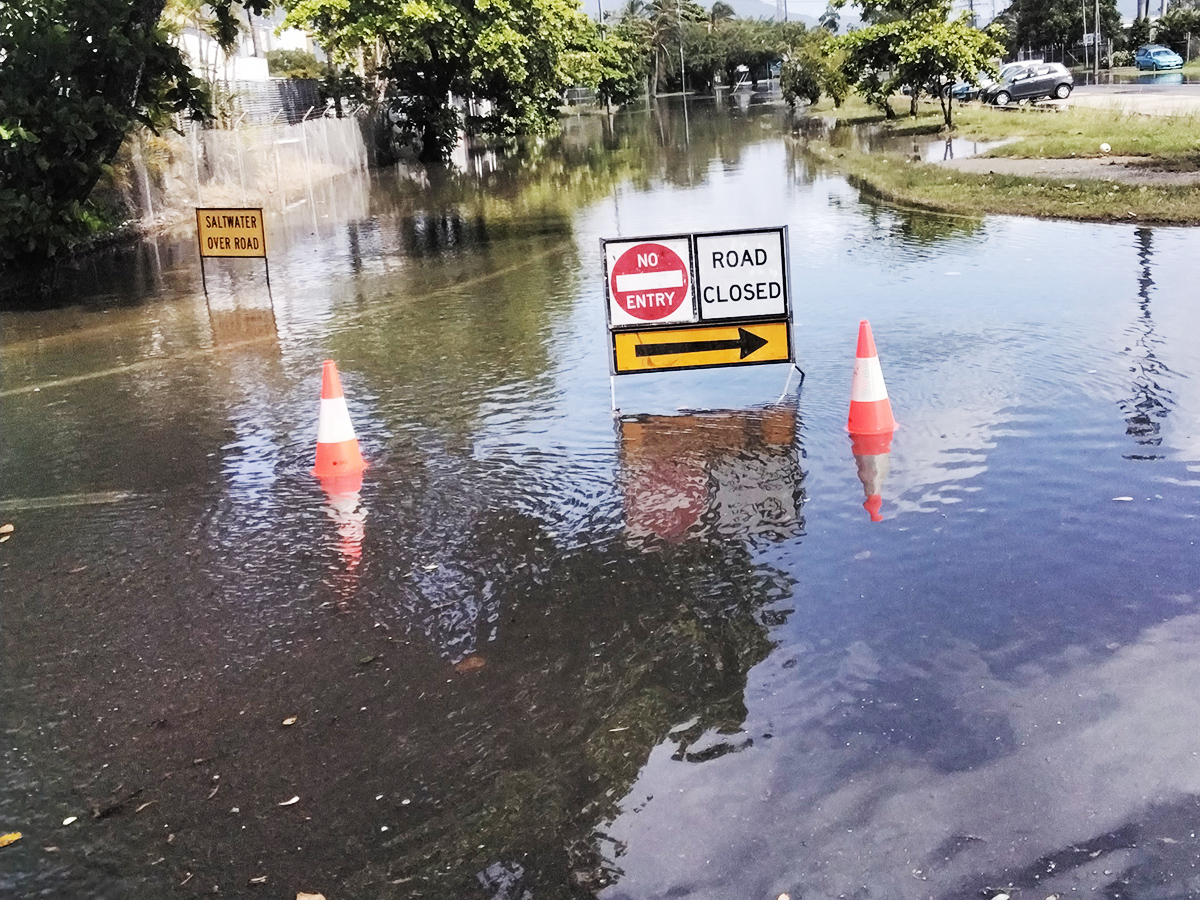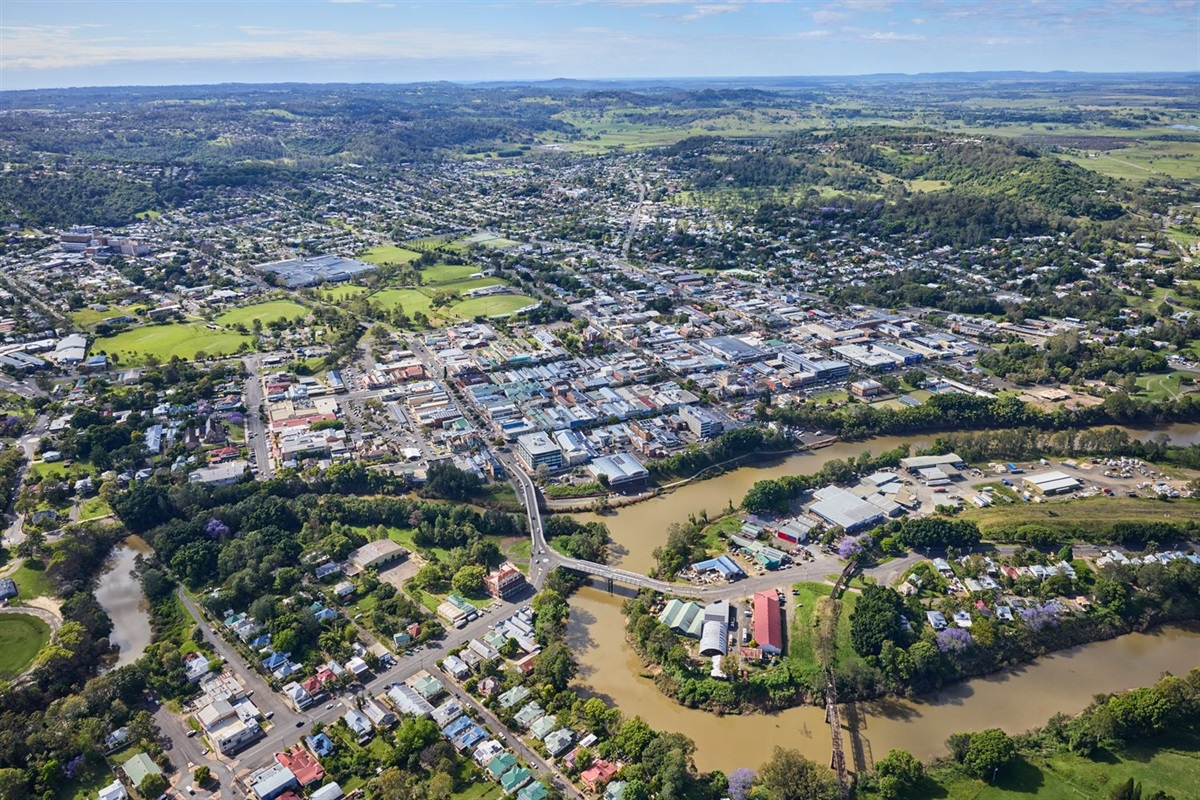Leading homelessness advocates and unions have united in a joint push for state and federal housing ministers to plug a $73 million funding black hole that threatens to worsen the homelessness crisis by jeopardising the future of 700 critical support jobs, as ministers meet today. Homelessness services are overwhelmed by surging demand as the nation faces its worst housing crisis in living memory. Each day homelessness services are forced to turn away 295 people due to a lack of resources. New analysis of the most recent Australian Institute of Health and Welfare data reveals the number of children sleeping rough, even after seeking homelessness assistance, has surged 20 per cent. Homelessness Australia calculates an additional $450 million is needed to meet demand for homelessness support. Despite surging demand, services are staring down the barrel of funding cuts. A $73 million funding black hole exists because funding previously provided to meet the costs of the Equal Remuneration Order (ERO) expires in June 2024. The joint letter outlines the severe consequences if the $73 million funding shortfall is not fixed. “If the funding cut proceeds, homelessness service capacity will be slashed by more than 700 homelessness workers nationally, supercharging pressure on an already overwhelmed homelessness system,” the letter reads. Kate Colvin, CEO of Homelessness Australia, said the uncertainty was playing havoc with Australia’s response to the crisis. “The reality on the ground is heartbreaking. Every day, families and children are left without a roof over their heads, sleeping in cars or worse. This is not just a funding issue. It’s a human crisis that demands compassion and commitment.” The letter notes findings from a recent survey of 252 workers in frontline homelessness support services, showing the emotional toll of having to turn people away. Concerningly, 56 per cent of respondents rated the emotional impact at the maximum score of ten, with 84 per cent highlighting the detrimental effects of potential funding cuts. “Workers in this sector are confronted by extremely difficult choices already, like picking between a mother and child fleeing violence or a teenager without a home. The last thing they need is uncertainty about their job or that of their colleague,” Colvin said. Negotiations on homelessness funding over the next five years from July 2024 are set to take place at the Housing and Homelessness Ministerial Council meeting today. Signatories to the letter, including Homelessness Australia, the Australian Services Union, Community Housing Industry Association, and ACOSS, are urging an immediate guarantee that funding will not be cut. They are also calling for plans to increase service capacity to meet the demand from Australians facing homelessness.
Peak housing bodies and unions urge end to funding uncertainty
Homelessness Australia
/Public Release.








